Proposed EU Hygiene Rules for Insects Used in Food
Proposed EU Hygiene Rules for Insects Used in Food
- Novel Food Regulation (EU) 2015/2283 describes the authorization process for novel food products in the European Union (EU). “Novel food” is defined as food that had not been consumed to a significant degree by humans in the EU before May 15, 1997. “Novel Food” can be newly developed, innovative food, food produced using new technologies and production processes, as well as food which is or has been traditionally eaten outside of the EU. We previously reported on the associated guidance documents for the Novel Food Regulation published by the European Food Safety Authority (EFSA) here and most recently analyzed the legal status of insects in Europe in our Tomorrow’s Food and Feed blog.
- As a subset of “novel food,” dead insects, parts of them and processed insects are subject to authorization under the Novel Food Regulation. The European Commission (EC) reports that insects intended for human consumption are increasingly produced in or exported to the EU as they are used as an alternative to mainstream food of animal origin. As such, the EC has proposed to add a section to the existing regulation outlining the hygiene rules for food of animal origin, Regulation (EC) No 853/2004, to include rules specifically for insects for human consumption.
- If implemented, minimum hygiene requirements for the production of insects to protect against contaminants would need to be followed to place insects for human consumption on the market in the EU. The draft regulation is open for public comment until February 20, 2019. We will continue to monitor regulatory developments for the authorization of novel foods, both in the US and abroad.
